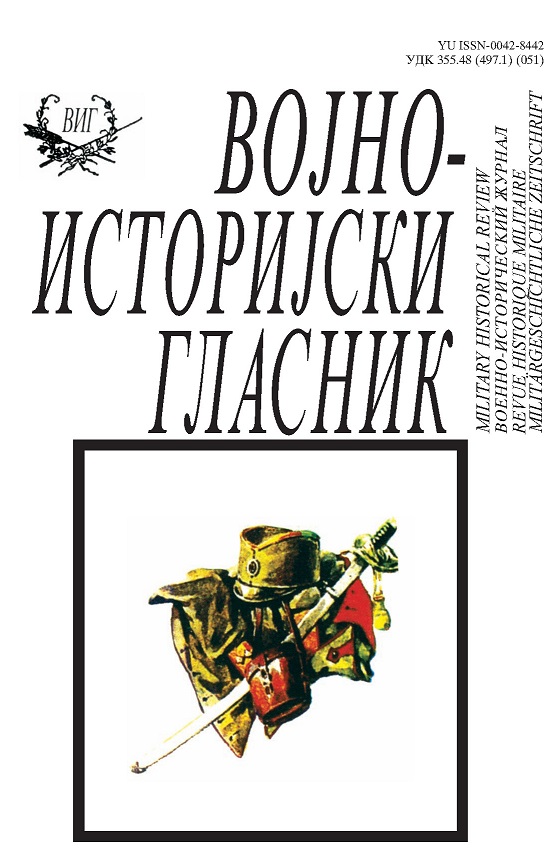Живот и смрт европске одбрамбене заједнице – поглед из Београда
Life and Death of the European Defence Community – a View From Belgrade
Author(s): Milan IgrutinovićSubject(s): Military history, Political history, International relations/trade, Security and defense, Military policy, Post-War period (1950 - 1989)
Published by: Institut za strategijska istraživanja
Keywords: EOZ; European army; re-militarization of Germany; supranational defense; Jean Monnet; Balkan pact; Josip Broz Tito;
Summary/Abstract: The European Defence Community was an ambitious initiative of the early 1950s that was supposed to create a common and supranational army for six Western European countries, which were already included in the program of economic integration in the form of the European Coal and Steel Community. The EDC was supposed to respond to the need to defend West-European area from the Soviet Union, involving the capacities of West Germany, thereby satisfying the requirements of Washington. The creator of the plan was Jean Monnet, who wanted to meet several objectives – to rearm Germany and include it in the common defense, to do so in a controlled manner, for fear of France, and without harming the newly begun processes of economic integration. After nearly four years, this plan, which had undergone significant changes, was not adopted in the French Assembly. Arming of Germany was carried out within NATO, France did not have control mechanisms and maximalist demands for full federalization of Europe have suffered a significant blow. It turned out that the national security issues still have primacy over the uncertain political projections. Yugoslav diplomats closely followed the development of this plan, its amendments and inglorious end. Yugoslavia was not in this plan; however, it timely detected all differences and different interests, and found the space to be opportunistic in their use in its local issues. In the crucial period in the spring and summer of 1954, expressing a desire to join the EDC, Yugoslavia gathered sympathy of the key arbiter – the U. S., which resulted in an awkward position of the Italian government. It all took place in parallel with negotiations on the position of Trieste and the formation of a military alliance with Greece and Turkey, in which Italy was the main rival. Thus, Yugoslav diplomacy showed how a non-involved country using skillfully maneuvering can take advantage of even the remote issues in order to achieve the maximum result in the local area, where it is really necessary.
Journal: Vojnoistorijski glasnik
- Issue Year: 2011
- Issue No: 2
- Page Range: 101-124
- Page Count: 24
- Language: Serbian

